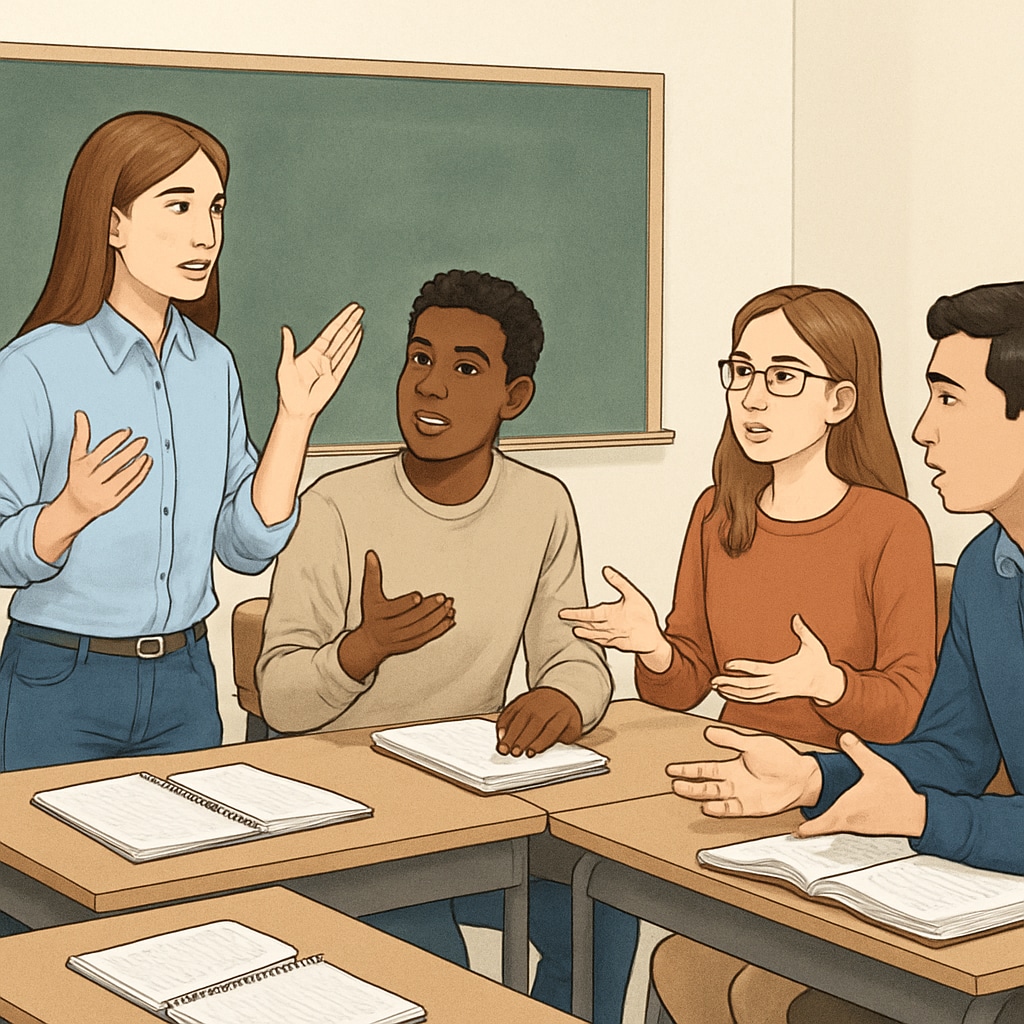Higher education is often seen as a pathway to better job prospects and financial stability. However, its true value extends far beyond economic benefits. The role of higher education in cultivating critical thinking, self-reflection, open-mindedness, and a sense of inclusivity is profound. These qualities not only shape an individual’s intellectual capabilities but also their character, enabling them to navigate complex social and professional landscapes with empathy and understanding.
The Role of Higher Education in Cultivating Critical Thinking
At its core, higher education is designed to encourage critical thinking—the ability to analyze, evaluate, and synthesize information objectively. Unlike rote learning, which emphasizes memorization, critical thinking challenges students to question assumptions, assess evidence, and develop well-reasoned arguments. For example, in disciplines such as philosophy or social sciences, students are often exposed to diverse perspectives, fostering an analytical mindset that extends beyond the classroom.
Critical thinking is not just an academic tool; it is a life skill. People who think critically are better equipped to make informed decisions, solve complex problems, and engage in constructive debates. As a result, higher education becomes a catalyst for producing individuals who are not only knowledgeable but also capable of independent thought.

Self-Reflection: A Key Outcome of Higher Learning
Another significant outcome of higher education is the development of self-reflection. This involves the ability to assess one’s own beliefs, behaviors, and decisions critically. In academic settings, students are often required to review their work, identify areas for improvement, and consider alternative approaches. This process fosters a habit of introspection that carries over into their personal lives.
For instance, self-reflection allows individuals to recognize biases or prejudices they may hold, paving the way for personal growth. It also helps in building emotional intelligence, as students learn to understand and manage their emotions while empathizing with others. In this way, higher education serves as a training ground for developing a well-rounded, self-aware individual.

Fostering Open-Mindedness and Inclusivity
One of the most transformative aspects of higher education is its ability to foster open-mindedness and inclusivity. In a college or university setting, students are exposed to people from different cultures, backgrounds, and belief systems. This diversity challenges preconceived notions and encourages students to approach life with an open mind.
For example, group projects and international exchange programs often bring together individuals with varying perspectives. These experiences teach students the importance of collaboration, respect, and understanding—qualities that are essential for thriving in a globalized world. Inclusivity becomes not just a concept but a lived experience, shaping students into empathetic and socially responsible citizens.
Furthermore, institutions of higher learning often emphasize the importance of equity and diversity through courses, workshops, and campus initiatives. Such efforts reinforce the idea that inclusivity is a cornerstone of a just and progressive society.
Are Modern Educational Systems Achieving These Goals?
While the potential of higher education to shape character and thought is immense, its effectiveness depends on the design and execution of educational systems. Critics argue that many institutions prioritize standardized testing and employability over holistic development. As a result, the focus on critical thinking, self-reflection, and inclusivity may be overshadowed by the pressure to produce “market-ready” graduates.
To address this, educational institutions must strike a balance. Curriculums should be designed to integrate technical skills with courses that promote ethical reasoning, cultural competence, and intellectual curiosity. Additionally, faculty training and student-centered learning approaches can further enhance the transformative power of higher education.
Ultimately, the responsibility lies not only with educational institutions but also with society at large to value and support the broader goals of higher learning. By doing so, we ensure that higher education continues to be a force for personal and societal growth.
Conclusion: Higher education is much more than a stepping stone to professional success. Its true value lies in its ability to shape individuals into critical thinkers, self-aware individuals, and inclusive members of society. As we rethink the goals of modern education, it is essential to prioritize these transformative qualities to prepare future generations for the challenges and opportunities of an interconnected world.


